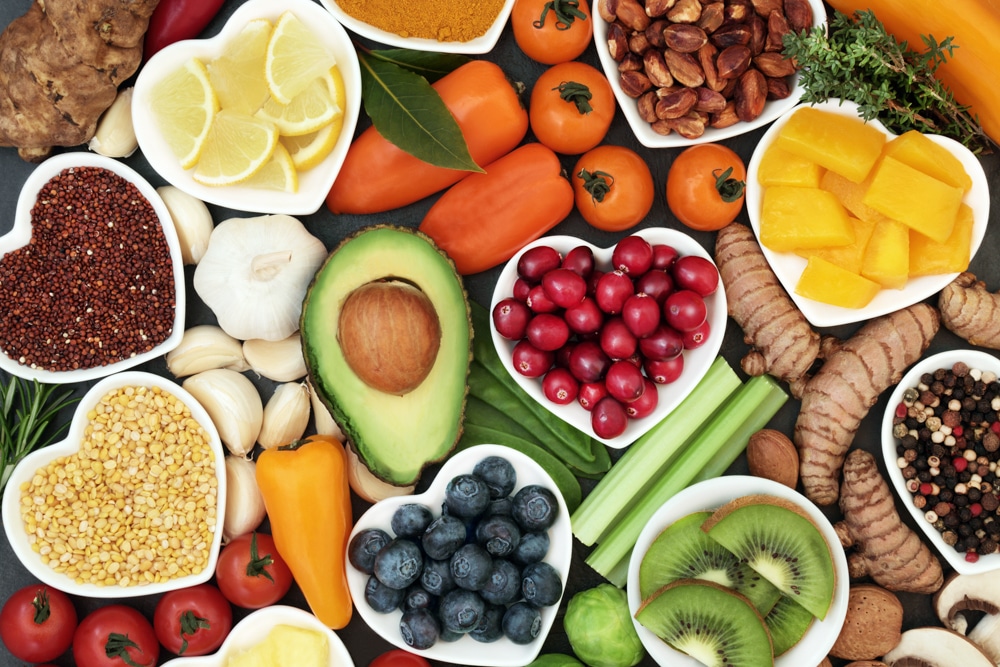
Our bodies are made to ensure our survival and one of the ways this mechanism sustains us is through hunger. Hunger signals us to eat to live, but where do food cravings fit into this picture?
Certain food cravings can be our bodies communicating specific nutritional needs and these can be informative to our health, although most of our cravings seem to usually come in the form of unhealthy snacks such as an ice cream sandwich, potato chips, or a sweet pastry from the local bakery. These cravings can be so potent that they can even sometimes override our bodies’ own beneficial needs.

In 2021 in the US alone, 34.2 million adults have diabetes, which is 10.5% of the population, and with 463 million adults worldwide having diabetes. According to an article published by Harvard University, on average, one out of every three adults is obese, which is about 36% of the population. The numbers continue to increase every decade with chronic health issues also on the rise globally.
Our evolutionary needs of survival through mechanisms of hunger are no longer at the forefront in today’s modern and developed worlds as our systems of technologies have advanced our access to foods and resources. We can now have our favorite fast food and snacks hand-delivered quickly and more efficiently to our doors than ever before. In addition, marketing and advertising agencies continue to steer certain eating and dietary habits for modern society – however, there may be something deeper going on internally beyond the external cues around us.
Our brains play a key role in creating the blueprint for what our bodies are driven towards and in particular with food cravings, we see that neurotransmitters, specifically serotonin and dopamine, are important players for our desires and daily pleasures. When we taste something delicious, serotonin levels rise and dopamine solidifies that sensation to ensure we seek that particular food and experience again. People who have intense food cravings and addictions have fewer dopamine receptors resulting in the need for more stimulation and pleasure, eventually leading to low energy states, depression, and lack of motivation. Furthermore, this mechanism has guided our evolutionary means of survival, however it has been skewed in today’s society with the influx of sugary and processed foods bombarding our phone ads and computer screens. But we are not destined to never-ending cycles of unhealthy eating patterns. And even more empowering is that with this mechanism in place, it allows us to lead the way in training and cultivating our cravings over time.
Now, there’s also your gut – each one of us has 50 trillion or so different strains of bacteria in our gut. Each strain is vying for our attention with what we eat playing a vital role in which bacteria strains get fed and grow in our gut. These bacteria collectively make up our microbiome, and research continues to show intimate links with our gut microbiome to our brain, digestive, and hormonal health. If our microbiome is constantly being fed junk-food or sugar, the gut is sending hormones and signals to the brain to thrive on these types of foods and eating habits. When we replace those sugary drinks and pastries with a healthy alternative, we starve out the bacteria that once fed on the junk food, in turn growing and allowing the healthy bacteria to thrive.
We have external and internal factors that drive our cravings, so how can we possibly go beyond these ever so engrained mechanisms? The answer is simply mindfulness and awareness. It is not enough to say that we have to be mindful of what we put in our bodies. How we observe our reactions to our present moment in awareness are key to bringing a change to our eating habits – are we reaching for our box of cookies while feeling stressed out about a deadline for work, or are we trying to feel better about a breakdown in a relationship with a slice of cake? Just as we can drive our brains and our microbiome towards unhealthy food cravings, we can also in the same way rewire our mechanisms towards healthy food choices and actually enjoy doing so!

